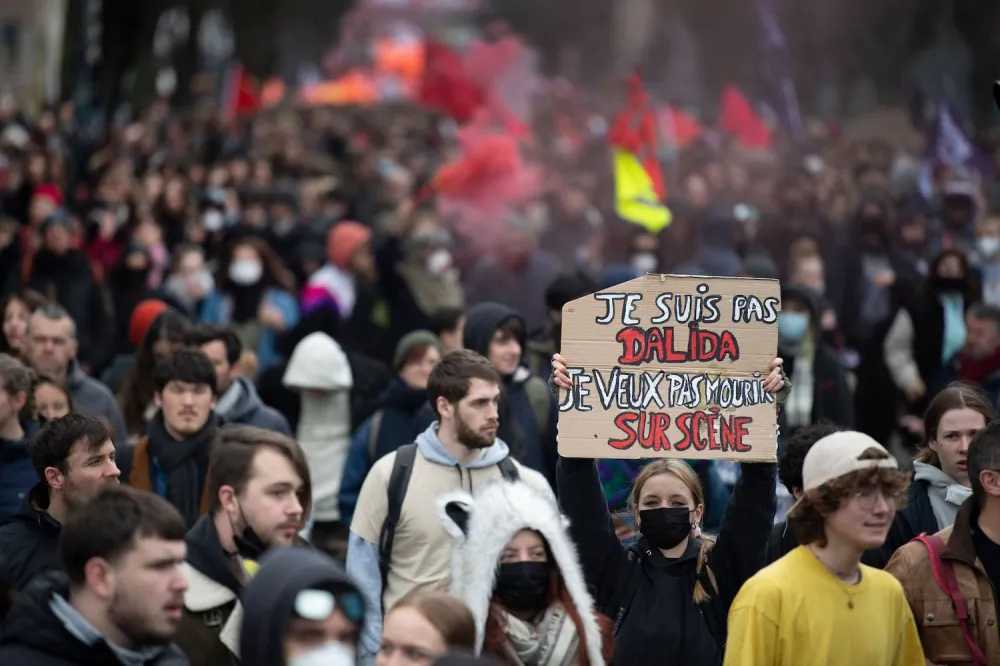France was gripped by nationwide unrest on Thursday as strikes and demonstrations disrupted transport and public services, amplifying discontent over President Emmanuel Macron’s economic agenda.
In the capital, large sections of the Paris Metro were paralyzed, with thousands of commuters stranded during peak hours. Buses and regional trains also reported delays, while some schools, postal services, and administrative offices operated at reduced capacity. The widespread disruption reflected the determination of workers and unions to oppose government plans to slash spending on public services.
At the heart of the protests is anger over what demonstrators describe as eight years of pro-business policies that have enriched corporations and a privileged few, while leaving ordinary workers behind. Critics argue that the latest austerity measures designed to reduce France’s ballooning budget deficit will further erode healthcare, education, and welfare programs.
“The government keeps asking workers to sacrifice while big businesses and the wealthy continue to benefit,” said a union organizer in Marseille, where tens of thousands filled the streets. “We are fighting for the future of our public services.”
Similar rallies were staged across Lyon, Bordeaux, Lille, and Toulouse, with turnout estimates running into the hundreds of thousands nationwide. Protesters carried placards denouncing what they see as the hollowing out of France’s social contract, chanting slogans demanding fairness and protection for public sector jobs.
The demonstrations come at a delicate moment for Prime Minister Sébastien Lecornu, who only recently assumed office, and for President Macron, whose second term has been overshadowed by public anger over reforms. Both face intensifying resistance in parliament, where opposition parties are threatening to block key budget legislation.
Observers note that Thursday’s mobilization was not just about spending cuts, but about a growing mistrust of Macron’s broader economic vision. His efforts to attract investment and bolster private enterprise, once hailed as pragmatic, are increasingly viewed as divisive.
Unions have warned of escalating actions if the government refuses to reconsider its plans. “This is only the beginning,” said a statement from France’s largest labor coalition. “We will not allow the dismantling of the public sector.”
With strikes already biting into daily life and parliament bracing for a showdown over the budget, Macron’s administration faces mounting pressure both on the streets and in the halls of power. Whether the government can hold its course or will be forced to make concessions could determine the stability of the months ahead.


